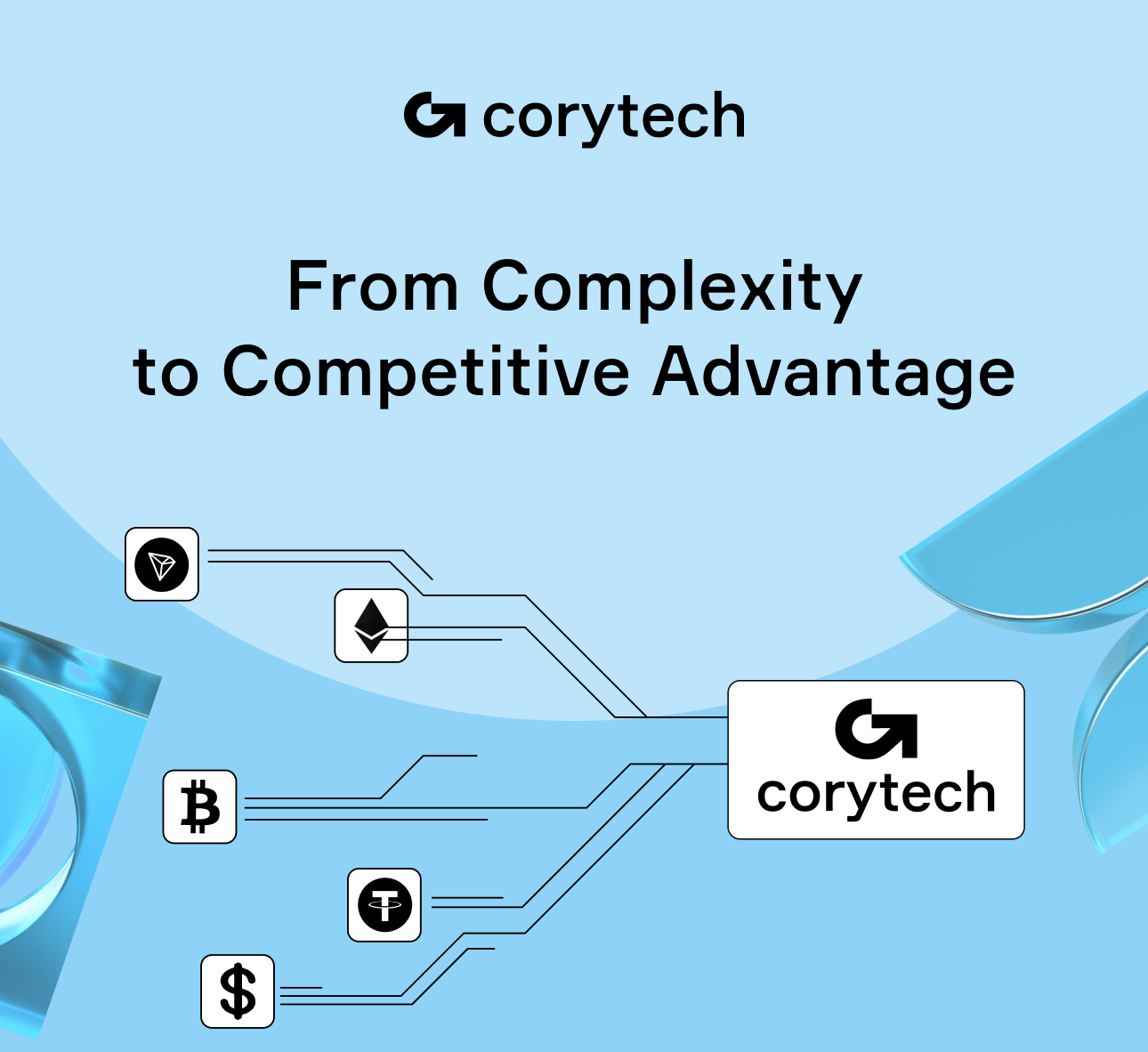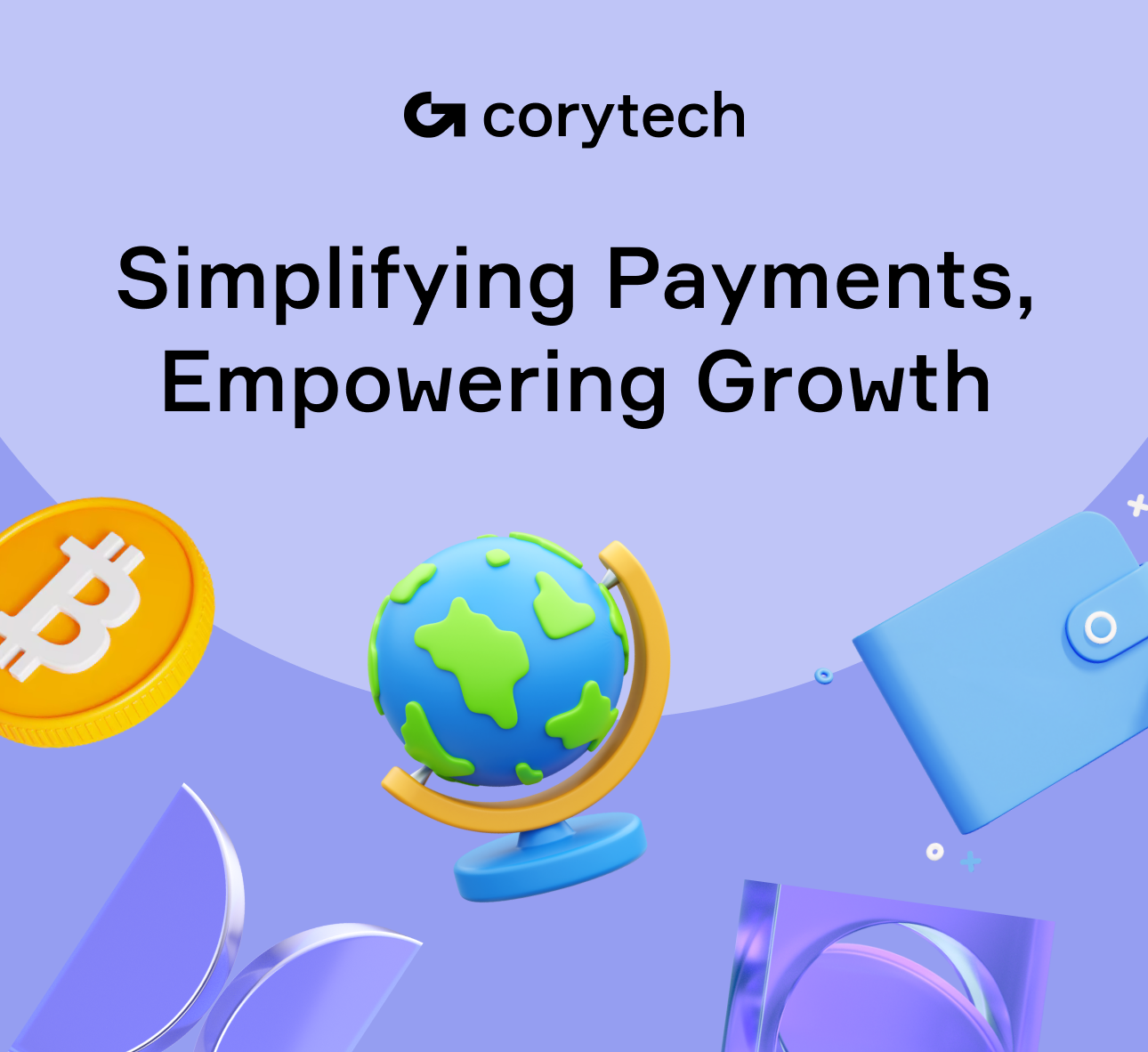Welcome to the FinTech Revolution: Why Now?
The financial services industry is in the midst of a seismic shift, and it’s all thanks to the relentless pace of technological advancements. Financial technology—better known as FinTech—has become the driving force behind the transformation of banking services, payment processing, and financial management. The days of waiting in line at a brick-and-mortar bank are fading fast, replaced by the convenience of online banking, digital payments, and intuitive payment apps that let consumers move money with a tap.
This unprecedented growth is fueled by record levels of fintech funding, as investors recognize the crucial role FinTech plays in shaping the future of financial services. Traditional financial institutions are no longer the only game in town; they’re being pushed to innovate or risk irrelevance as new players introduce a diverse range of services tailored to modern consumer needs. From seamless payment processing to smarter financial management tools, the financial industry is evolving at breakneck speed—giving consumers more choice, flexibility, and control than ever before.
In this new era, payments aren’t just a back-office function—they’re a strategic differentiator. The future belongs to those who can adapt, integrate, and deliver the banking services today’s consumers demand.

“Another Chargeback at 2 A.M.”
It always starts the same way—an alert pings at 2:07 a.m. Another chargeback. A five-figure deposit flagged as fraudulent. You’re half-awake, toggling between systems that barely talk to each other, chasing logs, checking compliance, and firing off desperate emails. Meanwhile, your VIP player’s funds are in limbo, their trust evaporating by the minute. Legacy systems often lack advanced fraud detection capabilities, making it harder to identify and prevent fraudulent transactions in real time.
If you’re leading payments at an iGaming operator or high-risk fintech business, this scene isn’t fiction—it’s routine. And it’s slowly bleeding your business dry. The cost isn’t just one chargeback. It’s the sleepless nights, the operational chaos, the reputational damage, and the friction that drives loyal players to competitors with faster, cleaner checkout flows.
You’re not alone. But you are exposed. And as payment complexities grow, every hour spent patching legacy systems is an hour closer to your next crisis.
Hidden Drain, Visible Pain: The True Cost of Outdated Payment Processing Stacks
Revenue Erosion You Don’t See
Legacy payment rails don’t just break. They leak—quietly, invisibly, and persistently. Every delayed deposit, failed transaction, or suboptimal routing decision can silently erode 2–8% of your topline revenue.
Decline ratios climb when issuing banks don’t recognize your MCC. Abandoned deposits multiply when a second verification screen stalls the journey. FX fees balloon with poorly mapped cross-border routes. And then there are “ghost” chargebacks—filed and processed before your team even has time to contest.
This is the high-friction reality many payment service providers face today. And as the fintech industry races toward real-time settlements and embedded finance, staying on outdated rails isn’t just inefficient—it’s financially reckless. The term 'financial technology' emerged in the late 20th century and gained prominence in the 1990s, reflecting the industry's rapid evolution. Interestingly, the first documented use of the term 'financial technology' occurred in 1967 in a Boston Globe article.
Operational Black Holes
Then there’s the chaos you can see:
- Your payment team buried in spreadsheets and manual reconciliation.
- Overtime budgets ballooning just to keep up with basic reporting.
- Failed integrations dragging down launch timelines by weeks—or months.
- Negative player reviews citing “buggy payments” and “slow withdrawals.”
- Regulatory fines for misreporting or late submissions.
These aren’t just growing pains. They’re compounding, irreversible losses that drain momentum and stunt scalability.
The longer your payment infrastructure relies on fragile, siloed systems, the more you lose every single day. And those losses aren’t just operational—they’re strategic.

Stress‑Test Checklist: Is Your Platform a Ticking Cost Bomb?
If you're unsure whether your current setup is hurting more than helping, run this quick self-diagnostic. Each "yes" is a red flag—a hidden cost waiting to escalate.
- Do you maintain more than 3 gateway connectors manually across regions?
- Is your reconciliation process still spreadsheet-driven or partially manual?
- Do chargebacks consume over 1.5% of your total monthly transaction volume?
- Have you experienced downtime or processing failures in the past 6 months?
- Are you dependent on legacy PSPs that can’t support real-time reporting, risk analytics, or multi-jurisdiction compliance?
The more boxes you tick, the clearer the message: your payment platform isn’t just stressed—it’s expensive, outdated, and unsustainable.
In today’s fintech industry, these are no longer acceptable trade-offs. Smart operators are already shifting to orchestration-first, AI-augmented solutions that replace fragile middleware with intelligent infrastructure. Financial technology companies include both startups and established firms aiming to improve or replace traditional financial services.
Merchant Accounts: The Unsung Backbone of Payments
Behind every smooth transaction lies a powerful, often overlooked engine: the merchant account. This specialized bank account is the linchpin of the payment processing system, allowing businesses to accept payments from customers—whether it’s credit cards, debit cards, or other forms of electronic payments. But for many businesses, setting up a merchant account can feel like navigating a maze, with a rigorous underwriting process designed to assess financial stability and potential risk.
That’s where payment service providers (PSPs) step in. By offering a streamlined way to process payments, PSPs remove much of the friction from the equation. They provide businesses with essential services like payment gateways, robust fraud prevention, and even currency conversion, making it easier to manage financial transactions and accept payments from customers around the globe. With a PSP, businesses can process payments efficiently and securely, without getting bogged down in the complexities of traditional banking.
In today’s fast-moving financial landscape, the right service provider isn’t just a convenience—it’s a competitive advantage, ensuring every transaction is processed smoothly and every customer experience is seamless.
.png)
Meet the Nightmare‑Slayer: Corytech in One Glance
Here’s what world-class, stress-free infrastructure looks like:
- 150+ clients, 1.5 million+ transactions/month, 10+ modular SaaS solutions
- Certified white-label PSP infrastructure, purpose-built for all-risk verticals
- AI-driven FraudGuard, stopping fraud before it ever reaches the ledger
- Deep vertical expertise in iGaming, social platforms, and other all-risk payment environments
- Scalable and accessible infrastructure for small businesses and large enterprises, helping small businesses streamline their payment operations
As a leading fintech company, Corytech is driving innovation and shaping the future of the financial industry. Our solutions are designed for both business to business (B2B) and business to consumer (B2C) markets, supporting a wide range of transaction models.
Corytech doesn’t just keep up with fintech trends—we help define them. The global COVID-19 pandemic accelerated the adoption of digital financial services, increasing demand for technology-driven solutions. The 2008 financial crisis catalyzed the rapid growth of the financial technology industry, driven by declining trust in traditional institutions.
When regulators, Tier-1 PSPs, and top iGaming brands panic, they call Corytech.
Four Pillars of Zero‑Stress Payments
Pillar #1 — Payment Orchestration & White‑Label Payment Service Provider
Legacy stacks force you to juggle APIs, vendors, and clunky compliance logic—slowing everything down. Corytech’s orchestration layer ends the chaos. We route every transaction in milliseconds to the cheapest, fastest, and highest-approval path, across acquirers, currencies, and jurisdictions. No more vendor lock-in. No more integration spaghetti.
Our white-label PSP infrastructure gives you complete branding freedom while remaining fully certified and regulator-ready. This is next-gen control for operators that want speed without compromising on stability.
In the evolving fintech industry, orchestration is the new baseline.
Pillar #2 — FraudGuard Shield Against Fraudulent Transactions
Fraud can’t be solved with blacklists and hope. Corytech’s FraudGuard slashes chargebacks by up to 70% through machine learning models that learn from millions of data points, across industries and geographies.
Dynamic risk scoring. Behavioral analytics. Velocity checks. All tuned in real time—before threats reach your ledger.
Unlike generic tools, FraudGuard is built for high-risk environments like iGaming, where player behavior shifts fast and fraudsters adapt faster.
Pillar #3 — Back‑Office Command Centre
Stop firefighting and start forecasting. With Corytech’s Command Centre, your team gets a real-time view of all payment KPIs—from settlement speed to dispute trends—on a single screen.
Automated reconciliation slashes hours of manual work. Real-time alerts flag anomalies before they snowball. Custom dashboards adapt to every business unit—whether you’re managing 3 PSPs or 30.
The platform also delivers valuable insights into transaction data and customer behavior, helping businesses optimize performance and drive growth.
This isn’t just admin automation. It’s the control tower your operations team has been begging for.
Pillar #4 — Crypto & Alt‑Payments Switch
Modern players want options—and friction drives them away. Corytech's plug-and-play crypto payment gateway and alternative payment methods (APMs) make sure you say “yes” more often. Payment service providers (PSPs) are companies that facilitate electronic payment transactions among various parties, such as customers, businesses, and banks. PSPs enable businesses to accept a wide range of payment methods, including credit cards, debit cards, digital wallets, and bank transfers.
Support for e-money, stablecoins, and localized wallets lets you unlock new regions fast, without adding operational weight. Our modular design means you can deploy APMs in days—not quarters.
Especially in iGaming, where VIP retention is everything, adding the right alt-payments is the difference between conversion and churn.
The future of payment service providers is global, digital, and instant. Corytech is already there.

Proof in Practice: Two Rapid‑Fire Case Snippets
PSP Scale‑Up
A fast-growing payment service provider was bleeding revenue with a 14% decline rate across key markets. Failed transactions meant abandoned carts, lost clients, and growing frustration among merchants. The payments space attracted $31 billion in investment in 2024, making it the hottest fintech subsector. In 2021, global fintech funding reached a record $132 billion, accounting for 21% of all venture capital dollars.
By switching to Corytech’s orchestration engine, they cut their decline rate to just 6% in 60 days—unlocking smoother flows, better routing, and smarter retries. The result?
€420,000 in annual savings.
Losses reversed. Trust restored.
iGaming Operator
A Tier-2 iGaming brand faced escalating complaints about slow withdrawals and limited payment options. Their internal teams estimated a 3–4 month migration… until Corytech stepped in.
We delivered a full migration, including custom alt-payment flows, in just 3 weeks. By the second month post-launch, Net Gaming Revenue (NGR) was up 9%, driven by higher deposit success and VIP player retention.
That’s not just a win—it’s a loss avoided. A quarter’s delay would have cost them millions in missed revenue and lost player loyalty.
Implementation Roadmap: Stress‑Free in Four Steps
You don’t need a six-month roadmap to eliminate payment chaos. With Corytech, getting to zero-stress is structured, fast, and proven.
Step 1: Zero‑Stress Audit (Free)
We start by scanning your current setup for silent revenue leaks, hidden risks, and inefficient flows. No cost. No commitment. Just clarity.
Most audits reveal 5–8% in avoidable losses—every single month.
Step 2: Solution Blueprint (48h)
Within two days, we deliver a tailored architecture: orchestrators, risk rules, connectors, APMs—mapped to your business goals, compliance needs, and growth plans.
No cookie-cutter tech. Only what moves your metrics.
Step 3: Fast‑Track Deployment
We launch in a sandbox environment for testing and validation, followed by a phased go‑live that ensures zero downtime and full business continuity.
Our fastest deployment to date? 3 weeks, fully integrated.
Step 4: Continuous Optimisation
Your journey doesn’t stop at launch. We host quarterly ROI clinics, tuning every aspect of your stack—from approval rates to fraud profiles—to keep you steps ahead of shifting threats and trends.
Because in the fintech industry, “set it and forget it” is a recipe for regression.

FinTech Trends to Watch: What’s Next for Payments?
The FinTech landscape never stands still, and the next wave of innovation is already reshaping how businesses and consumers interact with money. One of the most significant trends is the increasing adoption of digital wallets like Apple Pay and Google Pay, which are making payments faster, more secure, and more convenient for consumers everywhere. At the same time, peer-to-peer (P2P) payment apps such as Venmo and Zelle are revolutionizing the way people send money to friends, family, and even other businesses, breaking down barriers and saving time.
But it’s not just about convenience—security is evolving too. The use of machine learning and artificial intelligence is giving businesses powerful new tools to detect and prevent fraudulent transactions, protecting both their bottom line and their customers’ trust. Looking ahead, expect to see even more groundbreaking solutions, from blockchain-based payment systems to decentralized finance (DeFi) platforms, all designed to make payments smarter, safer, and more accessible.
For businesses and consumers alike, staying ahead of these trends isn’t just about keeping up—it’s about unlocking new opportunities in a rapidly changing financial system.
Your Next Nightmare Could Be Your Last
Every sleepless night, every manual reconciliation, every lost deposit—they all have a cost. And the longer you wait, the more it compounds: silent churn, vanishing revenue, and reputational hits that take quarters to repair.
But it doesn’t have to be this way.
Zero-stress payments aren’t a dream—they’re the new standard. Corytech clients don’t guess, scramble, or hope. They know their infrastructure works, their fraud is under control, and their margins are safe.
This is your turning point.
Book your free Zero-Stress Payments Audit today—see exactly what your current system is costing you. Choosing the right PSP can help businesses provide a smooth and secure payment experience for their customers, while optimizing operational efficiency and revenue growth.
Stress is optional. Losses are not.
Corytech makes sure the next payment nightmare is your last.







 Payments
Payments
 Solutions
Solutions
 Industries
Industries
 Services
Services
 Resources
Resources

.png)










